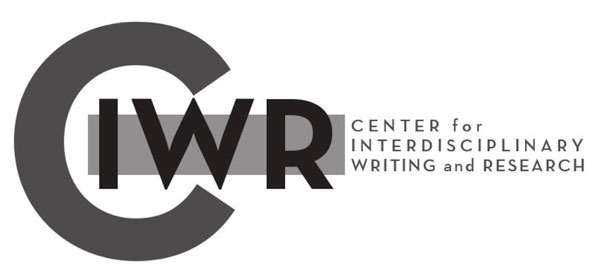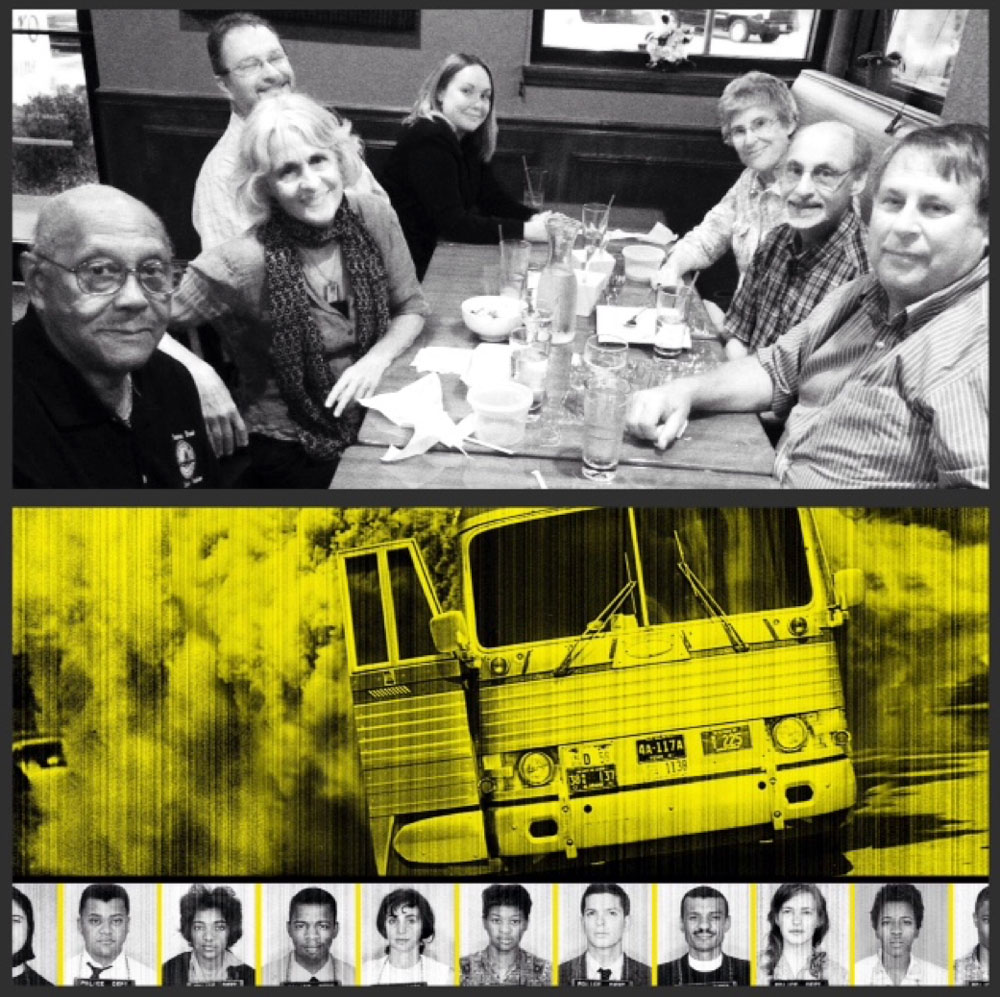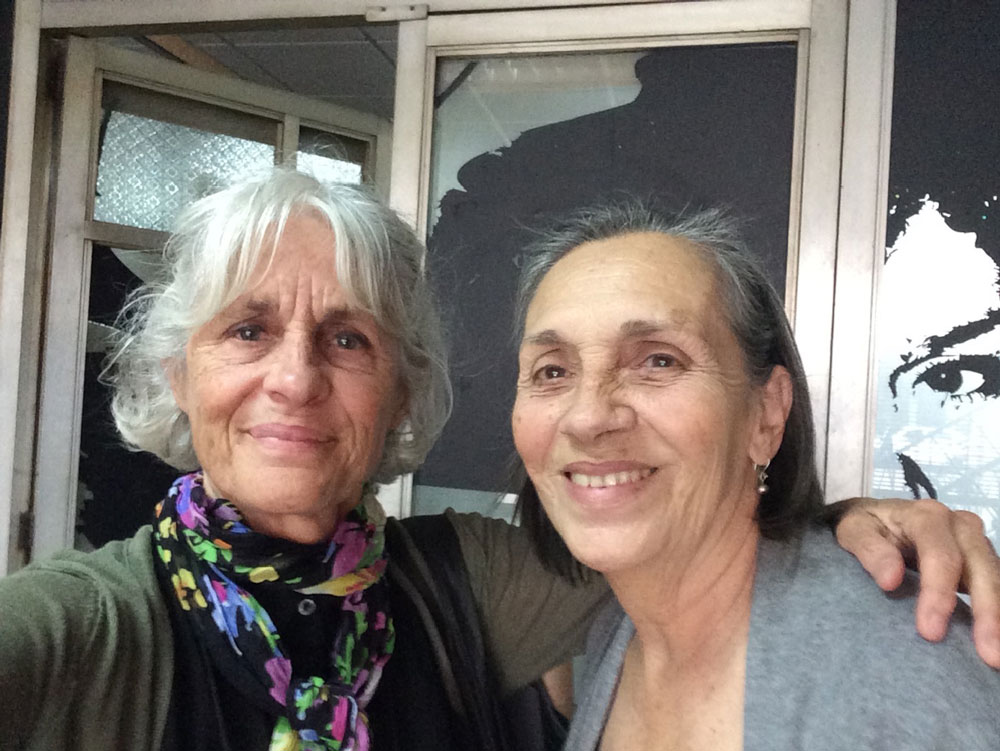Volume 1, Issue 10, 2022
Publishing in the Time of Covid
Casey Blanton, Editor in Chief, JFS
This issue, our 10th, emerged like everything else during these last two years, at a glacial pace. We Zoomed our editorial meetings, authors had a long wait, and the final design process was slowed by our inability to brainstorm and problem-solve in the same room. Ironically we chose the theme of ‘Death’ for reasons unrelated to Covid, intended more as a signal that our first Volume was completed and put to bed. Despite the many challenges of working as a team during a pandemic, this 10th issue is a milestone for JFS.
Twelve years ago a group of dedicated teachers and determined scholars working at Daytona State College wondered whether we might create an interdisciplinary online journal devoted to Florida. It would be online and open-access. We felt strongly that our journal should include the sciences, creative writing, sociology, anthropology, photography, and more, and we would call it Journal of Florida Studies.  This rash but seductive idea came out of two experiences: the visionary mind of Gary Monroe who suggested we ‘go for it’ and our experience as members of a home-grown writing and research workshop group, CIWR - affectionately called Sewer. The Center for Interdisciplinary Writing and Research was born because its members wanted to carve out space in our full-time teaching lives to also focus on publishing our scholarly research, our poetry and fiction, or completing our dissertations.
This rash but seductive idea came out of two experiences: the visionary mind of Gary Monroe who suggested we ‘go for it’ and our experience as members of a home-grown writing and research workshop group, CIWR - affectionately called Sewer. The Center for Interdisciplinary Writing and Research was born because its members wanted to carve out space in our full-time teaching lives to also focus on publishing our scholarly research, our poetry and fiction, or completing our dissertations.
We knew nothing about being publishers. Up to this point in our careers we had only been consumers of scholarly journals. But we jumped in with all our youthful bravery. In the end my co-editor Michael Flota and I proved to be quick learners, talking to other journal editors, and finding crucial advice online. Once we were confident this scheme might actually work, Daytona State College stepped in and played a critical role in these early days supporting us with DSC technicians to set up the original website - and a journal office. Against all odds, in the Fall of 2011 we launched our first issue. In that issue we promised our readers that at Journal of Florida Studies we wanted to return Florida to its own voice - contradictory, messy, hybrid, and vibrant. We intended to have an ongoing conversation about Florida that might unpack some of the worn out – and hazardous – conceits about our state. For the last half of our ten year run, we’ve enjoyed the support and collaboration of our colleague at the University of South Florida, St. Petersburg Campus, Thomas Hallock, who brings wide ranging scholarship and always fresh ideas.
This current issue reflects the same goals we set twelve years ago. Along the way we’ve discovered that being a virtual journal has had a lot of advantages, and our Photography portfolio is a vivid example. Thanks to our intrepid Photo Editor, Alison Nordström, JFS has had access to some of the best photography in the world. Our online format enables these portfolios to appear fresh and dramatic in a way print (at least on our budget) often cannot. In this issue Alison and our webmaster, Carla Sinclair, with the encouragement of photographer Lou Jones, have created a powerful visual and auditory experience, placing the reader inside the holding cell of a death row inmate at Florida’s state prison near Starke as Jones and the condemned man talk quietly about what is next.
Our authors examine the idea of Death in unexpected ways. Jason Wenzel from Gulf Coast State College shares his research into the old African American cemetery in Oakland Florida, nearly lost to history. Jared Rothstein of Daytona State College calls on Nietzsche, Plato, and Kant to help him assess the risk of his own death as he surfs the beaches of Volusia County’s Shark Bite Capital of the World. Dick Franz, retired from University of Florida, investigates and catalogs the variety of road kill on his daily commute. John Whitehurst at Valdosta University re-visits Philip Wylie’s concern in his novels about an ‘ecological apocalypse’ coming to Florida. Echoing Coleridge’s Rime of the Ancient Mariner and the theme of a death at sea, Keven Cantwell brings us a quietly stunning poem, “At the River House Bar and Grill.” And Martha McKay writes about the death of her daughter in a story no one wants to tell.
Of course there will be a JFS Volume 2 with 10 more issues. As this current issue goes live, we are entertaining some interesting new developments with regard to staffing, hosting, and publication that we want to take the time to get right. As soon as these changes are settled, JFS will be in a better position to announce a new theme for Vol 2, Issue 1. Please enjoy all the back issues of this Volume and thank you for your continued interest and support.
For any questions, please email us at: editor@journaloffloridastudies.org
And follow us on Instagram @jfs_florida_writes and Twitter @JouFlaStu


